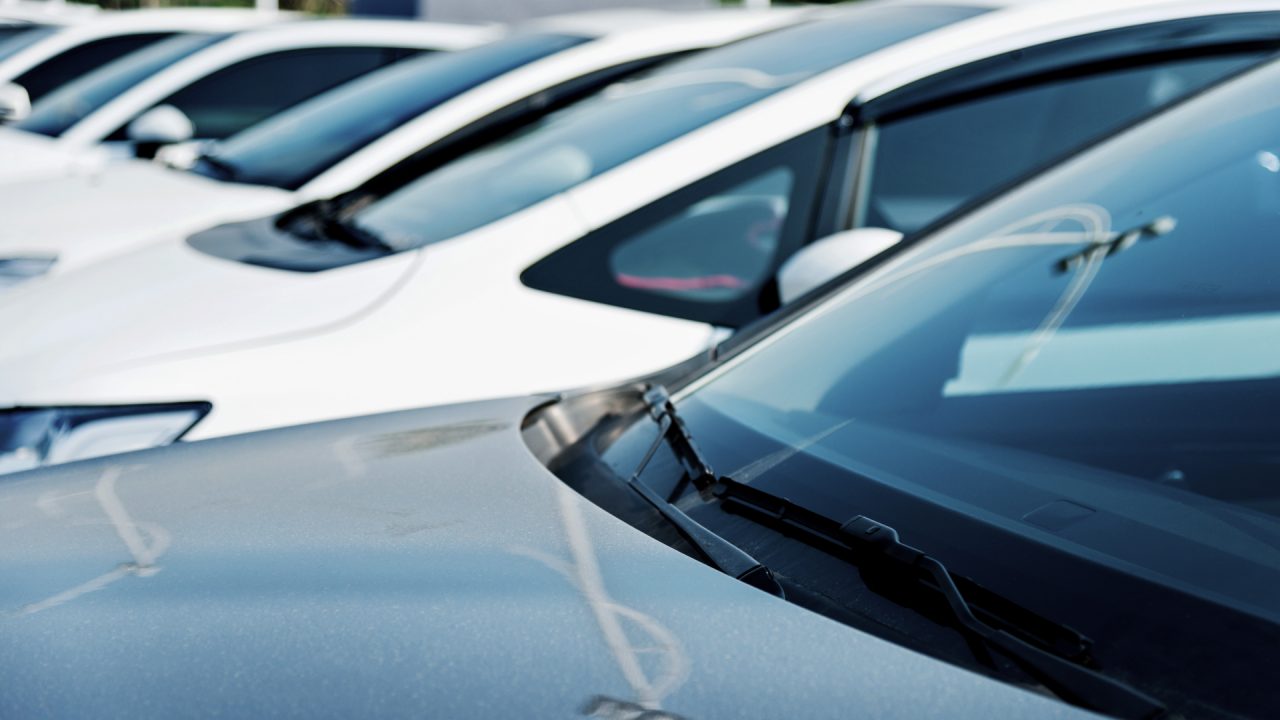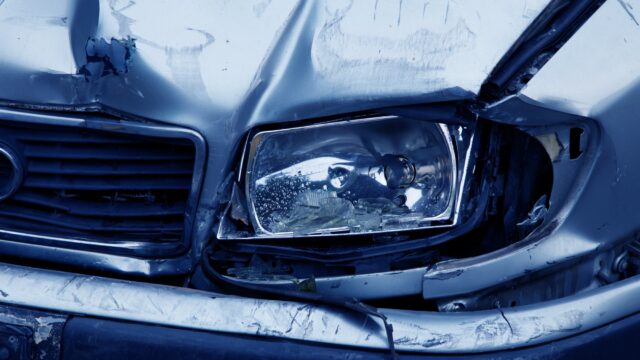
Producer responsibility for vehicles
Producer responsibility for vehicles means that those of you who import new or second-hand cars to Denmark must contribute to ensuring that the substances and materials contained in vehicles are utilised as much as possible and treated environmentally correct at the vehicle’s end of life. Furthermore, producer responsibility contributes to ensuring that vehicles are not abandoned illegally on streets or in nature, thus becoming so-called ‘orphan’ vehicles.
Producer responsibility for vehicles is different
Many different players are involved in the producer responsibility system for vehicles. Car importers, dealers, car breakers, and car owners each have their role to play, and they have – by contrast to other producer responsibility fields – each their reporting system.
Producer responsibility arises when a car is imported and placed on the Danish market for the first time.
Car importers register vehicles places on the market in the Danish motor vehicles register, and from here data are sent to DPA. Dealers and car breakers receive end-of-life vehicles and together with the car owner they apply for a scrapping premium through the digital system DUS. Finally, car breakers must ensure environmental treatment of the vehicles and report in the reporting system for environmental treatment of vehicles (IMB). Thus, the responsibility is divided among several independent players with each their field of responsibility and registration system. DPA is in charge of the operation of the above-mentioned registration systems, DUS, and IMB.
When does the producer responsibility arise?
If a Danish business imports a new or second-hand passenger car or a small truck to Denmark, registers it and sells the car in Denmark, a producer responsibility arises. Generally, legislation applies to all producers and importers placing passenger cars (M1) and small trucks (N1) as well as automotive batteries on the Danish market.
The producer responsibility – and importer responsibility – arises for the business that produces or imports a vehicle and for the first time places the vehicle on the market in Denmark. It also comes with a requirement that the company complies with the duty of registration and reporting to the statutory register with DPA.
If you cease the import of vehicles, you must inform DPA accordingly within four weeks to have your registration deactivated. This information must be in writing.

Registration and reporting
Vehicles and automotive batteries
If you import vehicles the producer responsibility covers new as well as second-hand vehicles, and all batteries are covered by a separate producer responsibility system. Therefore, remember to report all the batteries you import - also those that are fitted in the car when imported.
More about batteriesWhich vehicles are covered by producer responsibility?
A passenger car (M1) destined for the transport of up to nine persons including the driver is subject to the duty of registration for imported vehicles.
The rules apply to both new and second-hand imported vehicles.
A small truck (N1) with a weight not exceeding 3,500 kilograms destined for the transport of goods is subject to the duty of registration for imported vehicles.
The rules apply to both new and second-hand imported vehicles.
Data from the Motor Vehicle Agency
Since 2013, DPA has every year received data from the Motor Vehicle Agency about businesses (CVR number) having registered passenger cars and small trucks in Denmark in view of sale for the first time. Data are transferred to those of you that are registered as importers. If you have not registered your business, all CVR numbers connected with vehicles entered by the importer will be entered in the producer register in connection with the data transfer.
This means that if you are a car importer you must control and authenticate that the information and number of vehicles (pcs) transferred to the register are correct. In addition, you must yourself report the quantity (kilogram) of automotive batteries, other batteries, and stand-alone electrical accessories. We recommend that importers of vehicles register the weight of the automotive batteries prior to sale.
Your registration for producer responsibility
The registration in DPA, the annual reporting, and authentication of reported quantities is mandatory.
Non-confirmation or approval of reported quantities leads to a deletion in the producer register. In such case it is no longer legal to place your cars and other in-scope products on the market in Denmark.
If you are deleted because of non-compliance with your duty to report and you wish to re-register, you must contact DPA. The re-registration will trigger a new registration fee and you will have to complete your reporting.
Imports of vehicles
For most new cars imported to Denmark it will be the main importer who has the duty of registration and reporting. In other cases, it may be a dealer, a car rental service, or a leasing company that imports the car and makes the registration after which the car is placed on the Danish market.
If you are a dealer and you import second-hand cars, register, and sell them for the first time in Denmark the producer responsibility arises with the dealer of the registered second-hand car in line with the rules for new cars.
If your business imports and registers cars for lease or rental in Denmark, your business has a producer responsibility and must register in the producer/importer register; you must also every year report the number of imported cars leased or rented in Denmark.
There is also a producer responsibility for electrical equipment and batteries. This means, among others, that automotive accumulators and batteries imported together with the car should also be reported. Automotive batteries/starter batteries, or industrial batteries, or other electronic accessories imported and fitted in cars must be reported by the importer. Reporting is done in kilograms per calendar year.

End-of-life vehicles
Is the car at its end-of-life?
The producer responsibility also means that producers and importers must ensure that owners of end-of-life vehicles have free access to handing over the end-of-life vehicle to the importer, a dealer, or an environmentally approved car breaker.
See also Collection and management of end-of-life vehiclesAs mentioned, not only importers have a responsibility. Dealers may also be obliged to take back the vehicles, and car breakers are responsible for ensuring correct environmental treatment.
Car owners and scrapping premium
The last owner of an end-of-life vehicle also has an environmental responsibility for the vehicle. The owner is obliged to hand over the vehicle for environmental treatment, either with the importer/the dealer, a repair shop, or a car breaker that is approved for receiving end-of-life vehicles. In this connection an incentive system has been introduced: a car scrapping premium is paid to the last owner of the car when it is taken to a car breaker.
Shortcuts
Car scrapping
See what you must do as a car owner when your car has reached its end of life and must be scrapped
Register as importer
See how to register as a new importer of vehicles and automotive batteries in the producer register
Annual reporting
Read more about annual reporting of vehicles and automotive batteries
Car breaker reporting - guidelines
See guidelines for car breakers’ reporting of environmental treatment and scrapping of end-of-life vehicles
Car breakers’ reporting
Go to Reporting of environmental treatment of vehicles
Economy and fees
See current fees for products subject to producer responsibility
Legislation relating to vehicles
See the statutory basis for producer responsibility for vehicles and treatment of end-of-life vehicles
Producer responsibility for batteries
Read more about producer responsibility for automotive batteries
Legislation relating to batteries
Find legislation relating to batteries, including automotive batteries
Collective schemes
See list of collective schemes in Denmark There is only one such scheme for vehicles
Approved car breakers
Go to list of approved car breakers in Denmark
-
250,704
vehicles were sent on the market in 2022 -
80,387
vehicles were sent to a car breaker in that same year -
71,617
tonnes of materials from the cars were recycled -
223
environmentally approved car breakers